How to Pitch Yourself to Be on Podcasts
How to Pitch Yourself to Be on Podcasts
In recent years, podcasts have become one of the most popular platforms for individuals to share their insights, expertise, and stories with larger audiences. Whether you’re an aspiring influential leader, an experienced industry expert, or are simply passionate about a niche subject, appearing as a guest on podcasts can be a valuable opportunity to showcase your knowledge and build your personal brand. However, the key to landing these coveted podcast interviews lies in your ability to effectively pitch yourself. In this blog, we’ll take a closer look at the steps of crafting a creative and compelling pitch, so you’ll be sure to land your next guest appearance.
Prep Before You Pitch
Before crafting your pitch, there are a few crucial preparatory steps to complete that are vital to your success. Taking the time to find your why, discover something on your level, and pinpoint the perfect timing are all critical elements for determining the best shows to pitch and the optimal time to pitch. By using these methods, your pitch will appear more thoughtful, organized, and professional.
Find Your Why
The first step in preparation is identifying your niche and understanding your target audience – the more specific, the better! By narrowing in on these demographics, you’ll be able to identify podcasts that seamlessly align with your expertise, experience, and message, thus making it easy to develop a list of potential shows to pitch to. Pitching within your niche and speaking directly to your audience will not only boost your relevance and credibility to the topic, but also build trust with hosts and their audiences.
Look For Something On Your Level
Once you have identified shows that fit your niche and target audience, start narrowing down your list to shows and hosts that are on your level. As a featured guest, you are expected to promote the episode just as the host does; meaning that if your promotional audience does not match the host of the show, you likely will not be selected as a guest. Your promotional audience is not limited to social media following, but also includes email lists, text lists, and memberships. Regardless, what you bring to the table and what they bring to the table should be about equal, making the exchange fair and ideal for both parties.
Timing is everything
The final step in preparation is deciding the most appropriate timing. Say you’re an artist planning on releasing new music; if you’re featured on the news promoting your new album six months before its release, that feature is not going to have as much of an impact as being featured the day or even week-of. The same applies to podcasts! Be sure to pitch within a timeline that will have the greatest influence on your target audience. Pay close attention to seasons, holidays, and other happenings to ensure your episode is as relevant as possible.
Writing the Pitch
Beyond completing the preparation steps, the writing of the actual pitch is what really determines whether you’ll be chosen. Recognize that by featuring you as a guest, the podcast host is doing you a favor; therefore, craft your pitch in a kind, humble tone and accept that the host does not owe you anything, including a response to your pitch. Additionally, understand the importance of keeping things as succinct as possible and writing one pitch per podcast you pitch to. It is likely that the hosts you are pitching to receive multiple pitches a day, keeping things short will help them quickly decide whether you’re a good fit, and they can tell when they have been blind copied to a mass-sent pitch.
When beginning to write, open by addressing the host by their first name and referencing a topic that you enjoyed from a recent episode of their podcast. By doing this, you not only emphasize your personability, but display that you have a genuine interest in the subjects covered on their show. Immediately following this, write about them, their audience, and how you can support and benefit both. Only after both of these should you begin to talk about yourself or the client you are pitching. Include your experience and accomplishments in bullet-point form, and link socials and websites to your or your client’s name for easy accessability.
After listing your experience and accomplishments, create a bulleted list of 3 or 4 potential topics that you could speak on. An ideal and impressive way to format these topics is to word them as possible titles for the episodes themselves. Naming podcast episodes can be a difficult task, by providing the titles you are doing a favor for the host and showing your commitment to the pitch. Afterwards, wrap things up by stating your excitement for the potential to work with them. If you do not receive a response after 7 business days, follow up by replying to the original pitch with a short sentence or two checking in to see if the host has had a chance to read your initial pitch.
What Can You Give?
Once landing a slot in a podcast, the number one thing to prepare is an offering to the audience that will be presented to them at the very end of the episode. This offering could be any kind of freebie or brand magnet that will get them intrigued and lead to their involvement in your brand. Without any call-to-action, you leave the audience with no opportunity to follow you, therefore, losing all potential audience and engagement gains. By giving them something and expecting nothing in return, you are shown in a positive light that entices audiences towards interacting with you and your brand.
In today’s digital age, the podcasting community has become a dynamic platform for individuals to share their knowledge, passions, and stories with vast and eager audiences. The opportunity to be a featured guest on a podcast can be transformative for your personal brand and grow your audience and following significantly. However, securing these coveted guest spots can be difficult to accomplish without strong and compelling pitch. From the preparation of recognizing your niche, identifying your target audience, and organizing your timing, to actually writing a pitch that resonates with hosts and distinguishes you in a crowded field, it is important to remember that every pitch is an opportunity to share your knowledge and connect with a potential new audience. Need a little more insight before you start? Click here to listen to Whitney Lee’s full episode on pitching yourself for podcasts! May your future pitches lead to new growth and opportunities for you and your brand.



No Comments